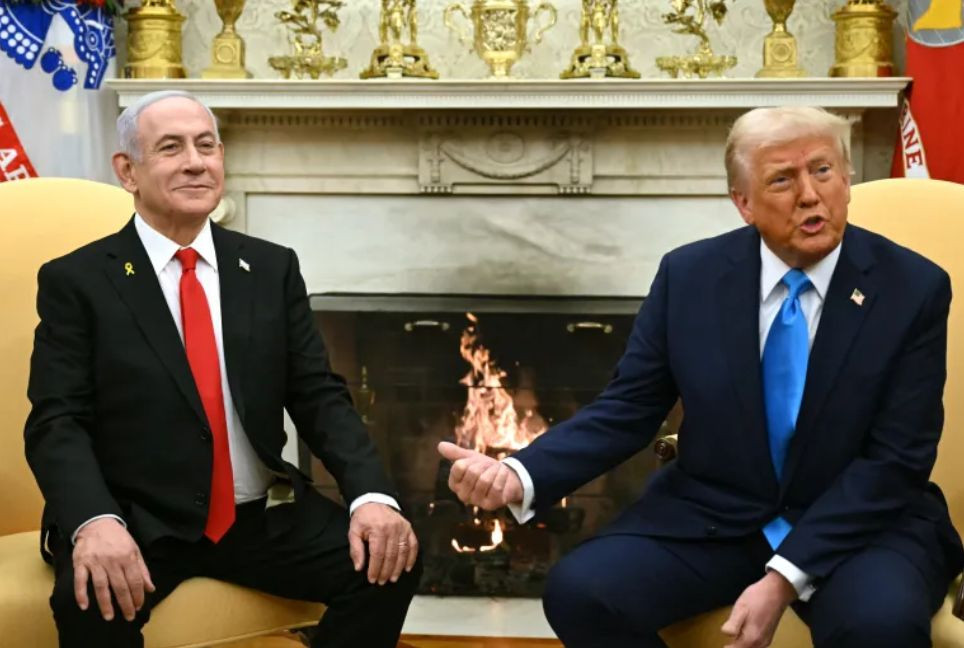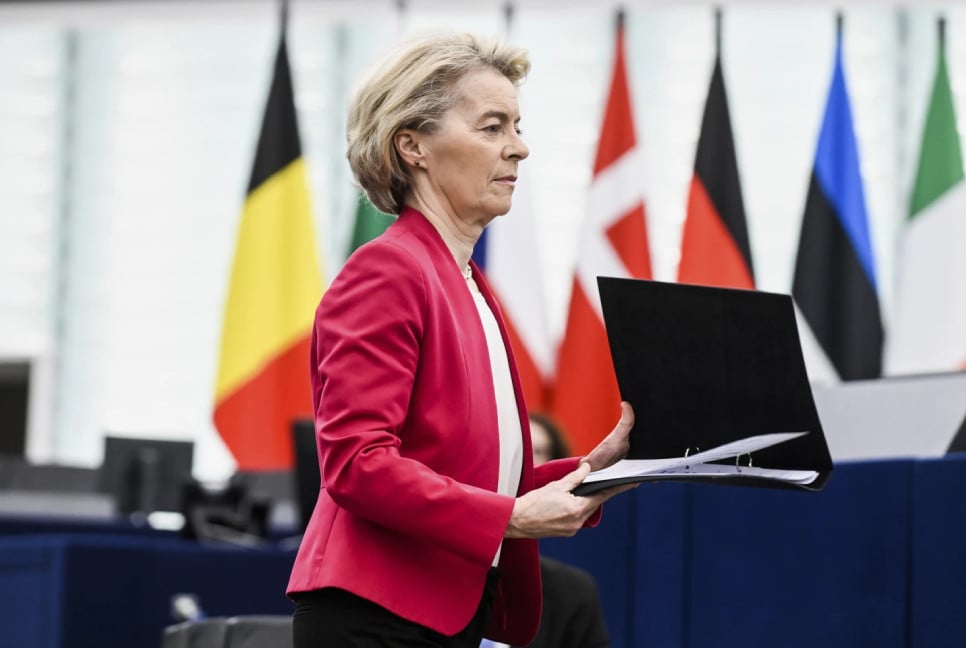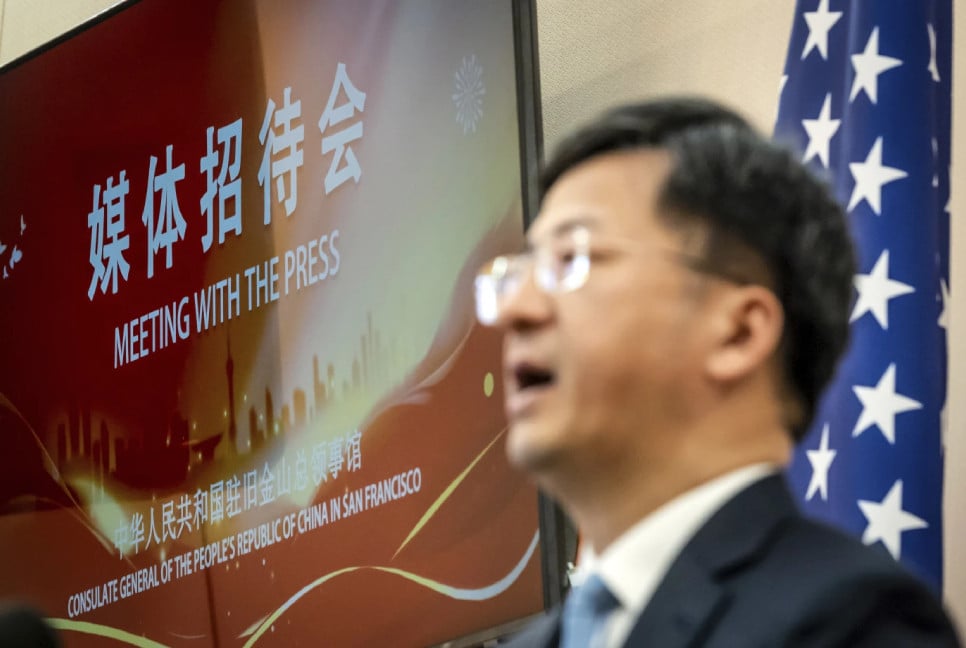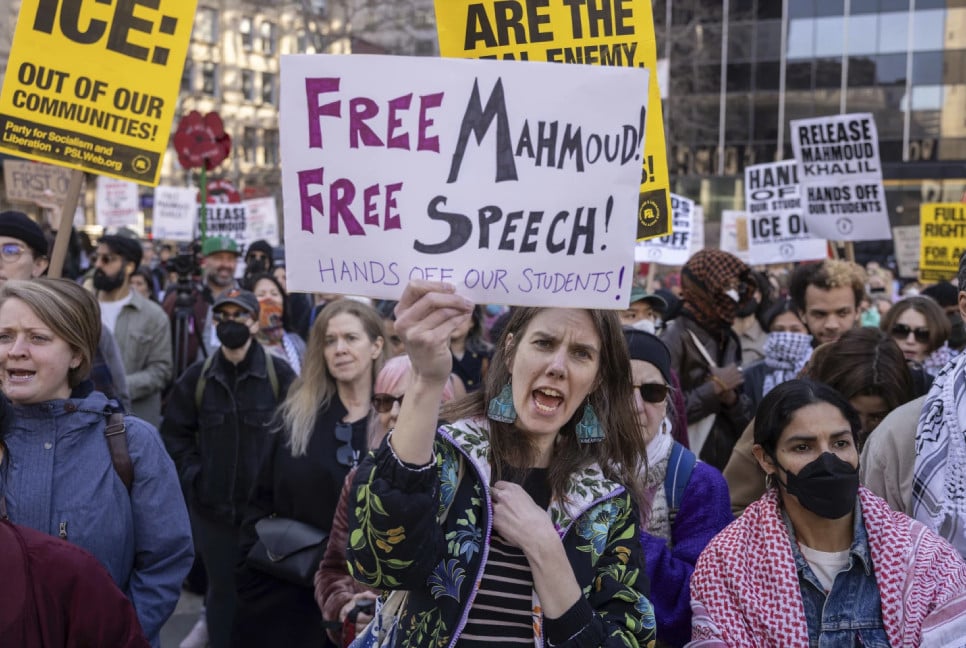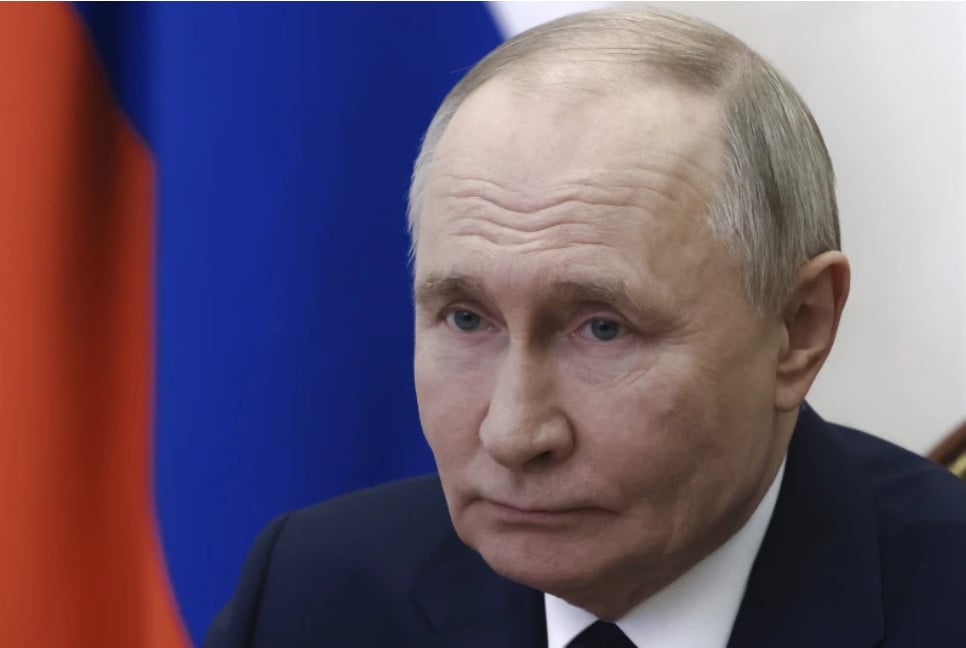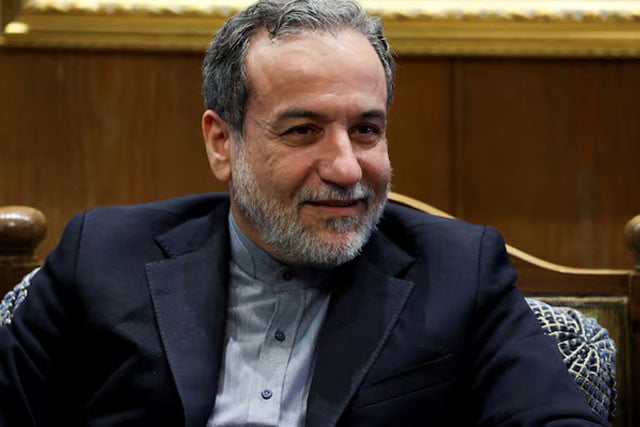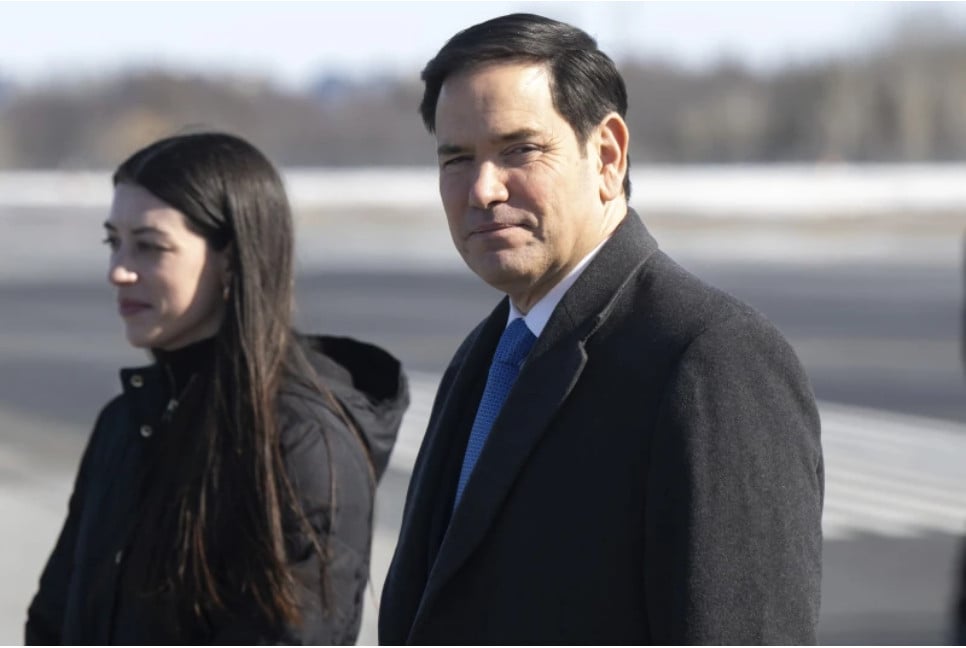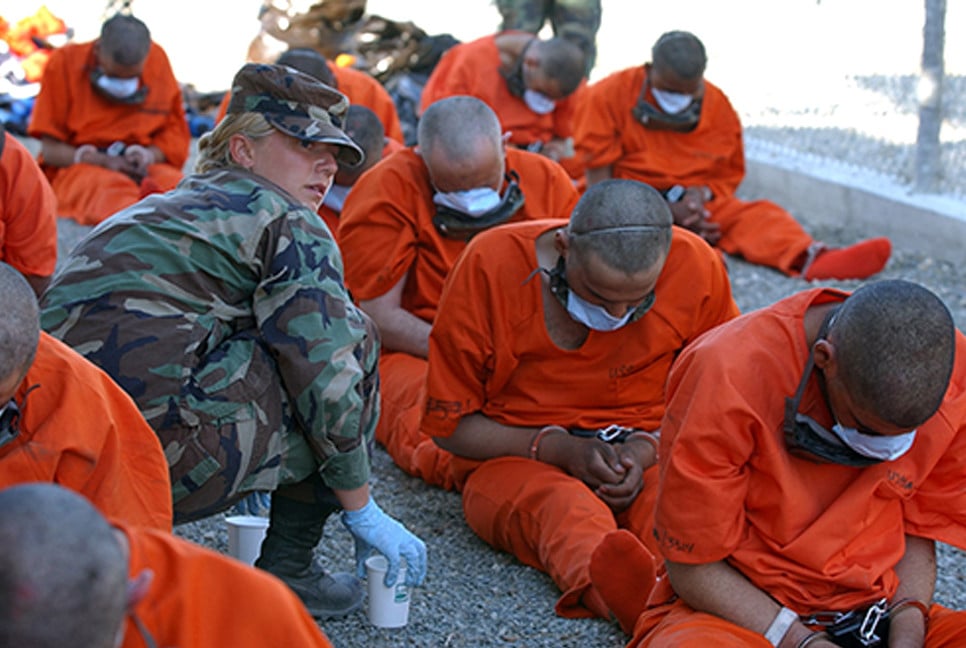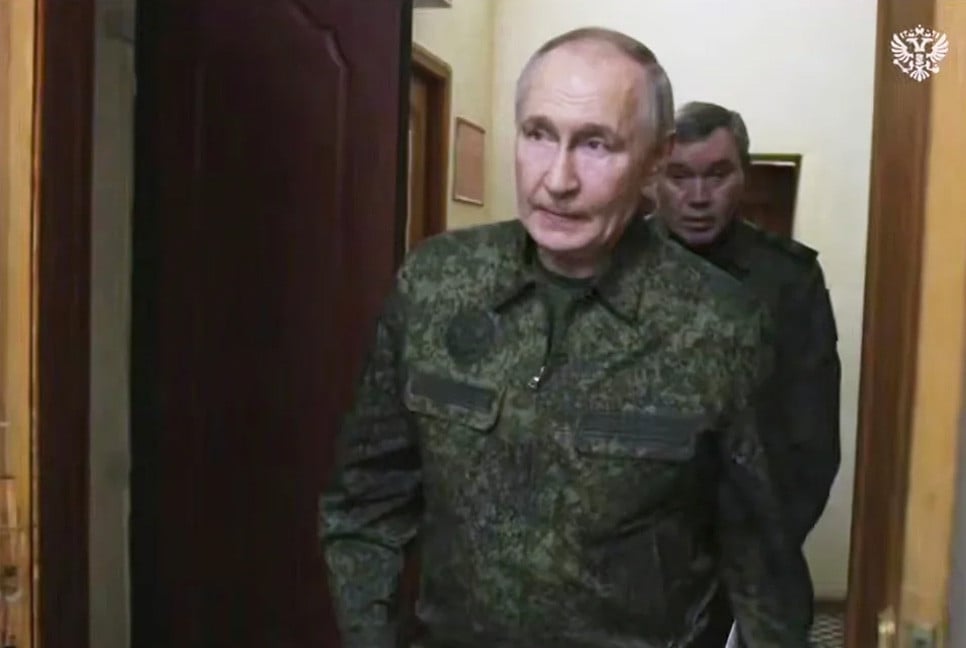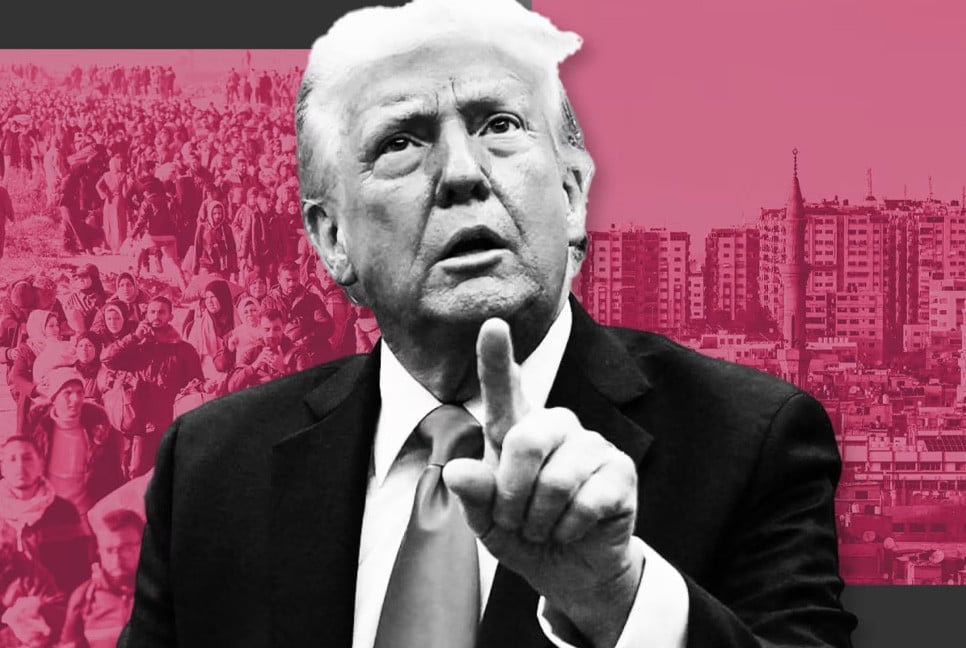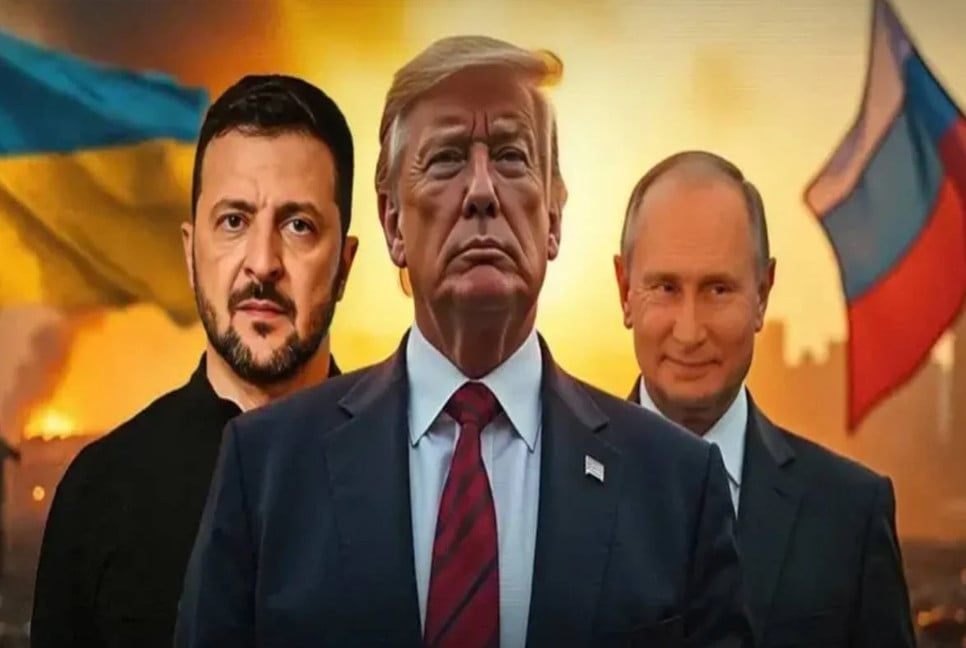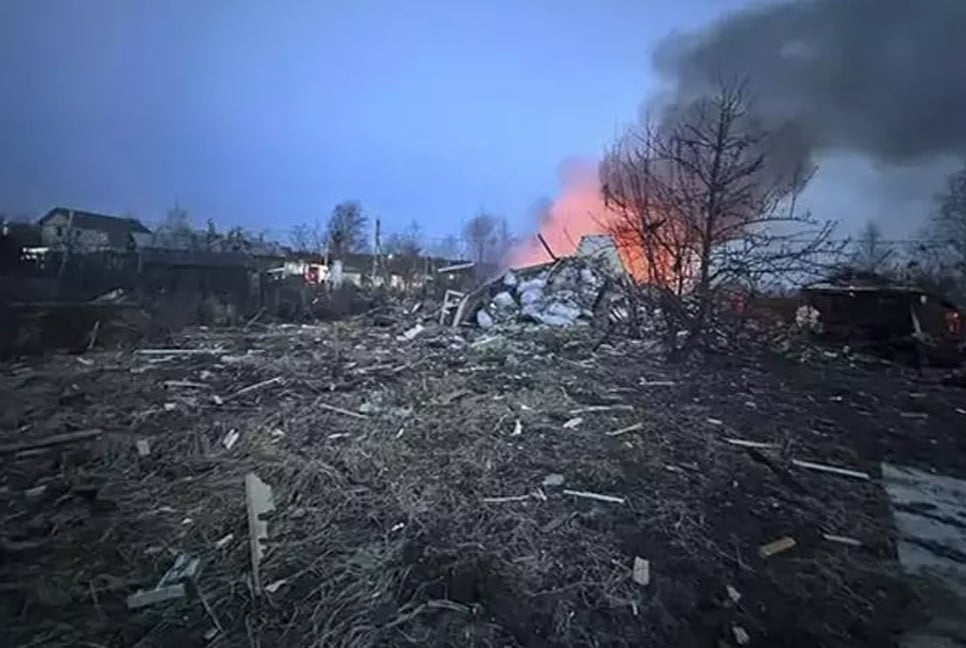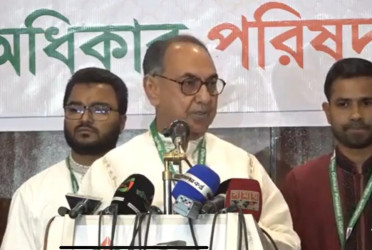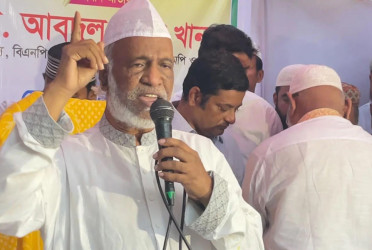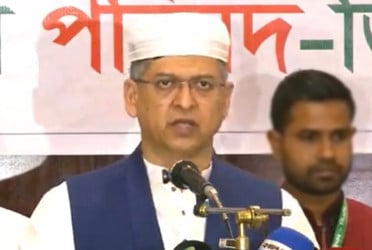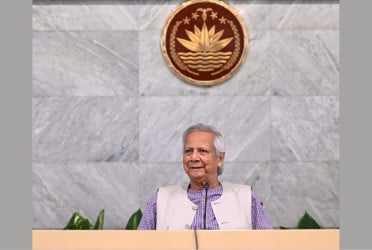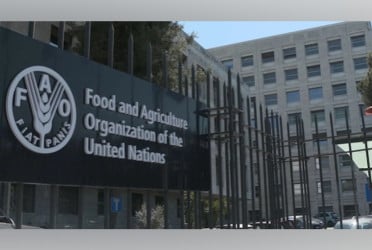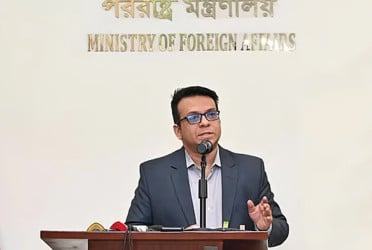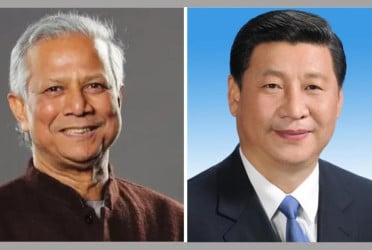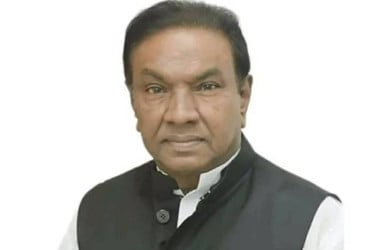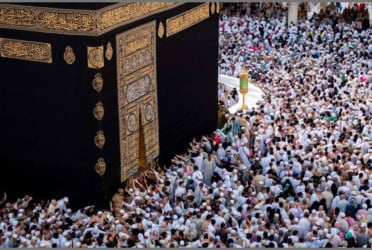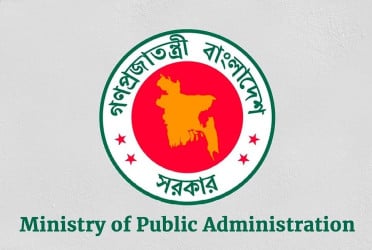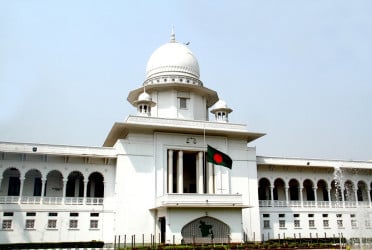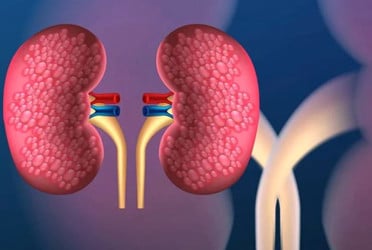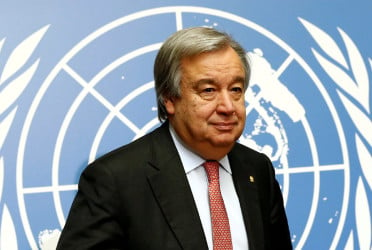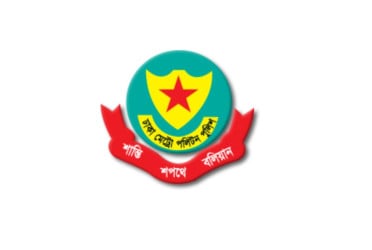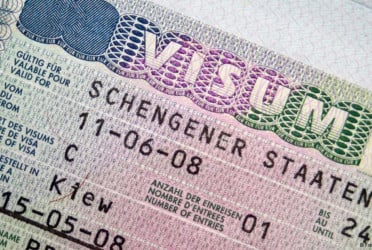The return of US President Donald Trump has been hailed by parts of the Israeli public who see his second term as a return of uncritical support of Israel.
Trump’s predecessor, Joe Biden, supported Israel in its war on Gaza, as well as its invasion of Lebanon, but his administration’s occasional misgivings about Israel’s genocide in Gaza, which is now thought to have killed close to 62,000 people, made parts of the Israeli public unhappy.
Trump’s involvement in a ceasefire that led to the release of some Israeli captives from Gaza and his enthusiastic suggestions of ethnically cleansing Gaza have raised Israeli hopes that his second term will be as pro-Israeli as his first.
Here’s how he has helped prop Israel up.
Diplomacy
Donald Trump’s diplomatic approach strongly favoured Israel, reflected in key appointments and policy decisions. He nominated Arkansas Governor Mike Huckabee as US ambassador to Israel, a staunch opponent of the two-state solution.
His previous ambassador, David Friedman, was a hardline supporter of Israeli settlements. Elise Stefanik, nominated as US ambassador to the UN, claimed Israel has a "biblical right" to the West Bank.
Trump formally recognised Jerusalem as Israel’s capital in 2017, moving the US embassy there from Tel Aviv. His administration cut all US funding to the UN’s Palestinian refugee agency (UNRWA) in 2018 and repeatedly backed Israel at the UN, voting against resolutions supporting Palestinian rights.
In 2020, Trump brokered the Abraham Accords, normalizing Israel’s ties with the UAE, Bahrain, Sudan, and Morocco, facilitating economic and security cooperation.
Backing Israeli territorial expansion
Trump reversed decades of US policy by recognizing Israel’s claim over the occupied Golan Heights in 2019. The same year, Secretary of State Mike Pompeo declared Israeli settlements in the West Bank were not necessarily illegal, contradicting established international law.
Pompeo later stated that annexation of the West Bank was an Israeli decision. The US remained silent as Israel expanded settlements in Hebron and Givat Hamatos, cutting off parts of Jerusalem claimed by Palestinians.
Trump’s 2020 “Peace to Prosperity Plan” further legitimised Israeli control over much of the West Bank while offering a fragmented Palestinian state with limited sovereignty, subject to Israeli security control. Palestinians would have to disarm Hamas, recognise Israel as a Jewish state, and renounce resistance in exchange for economic investment but no true independence.
Opposing international courts & regional rivals
When the International Criminal Court (ICC) announced a war crimes investigation into Israel’s actions in Palestinian territories, the Trump administration retaliated by sanctioning ICC officials, including Chief Prosecutor Fatou Bensouda.
Trump also aggressively confronted Israel’s regional rivals. His administration increased sanctions on Hezbollah, withdrew from the Iran Nuclear Deal in 2018, reimposed sanctions on Iran, and designated Iran’s Islamic Revolutionary Guard Corps (IRGC) a terrorist organization. In 2020, the US assassinated IRGC commander Qassem Soleimani, weakening Iran’s regional influence.
Through these policies, Trump reinforced US-Israel ties while sidelining Palestinian aspirations and escalating tensions with Israel’s adversaries.
Bd-pratidin English/Fariha Nowshin Chinika

